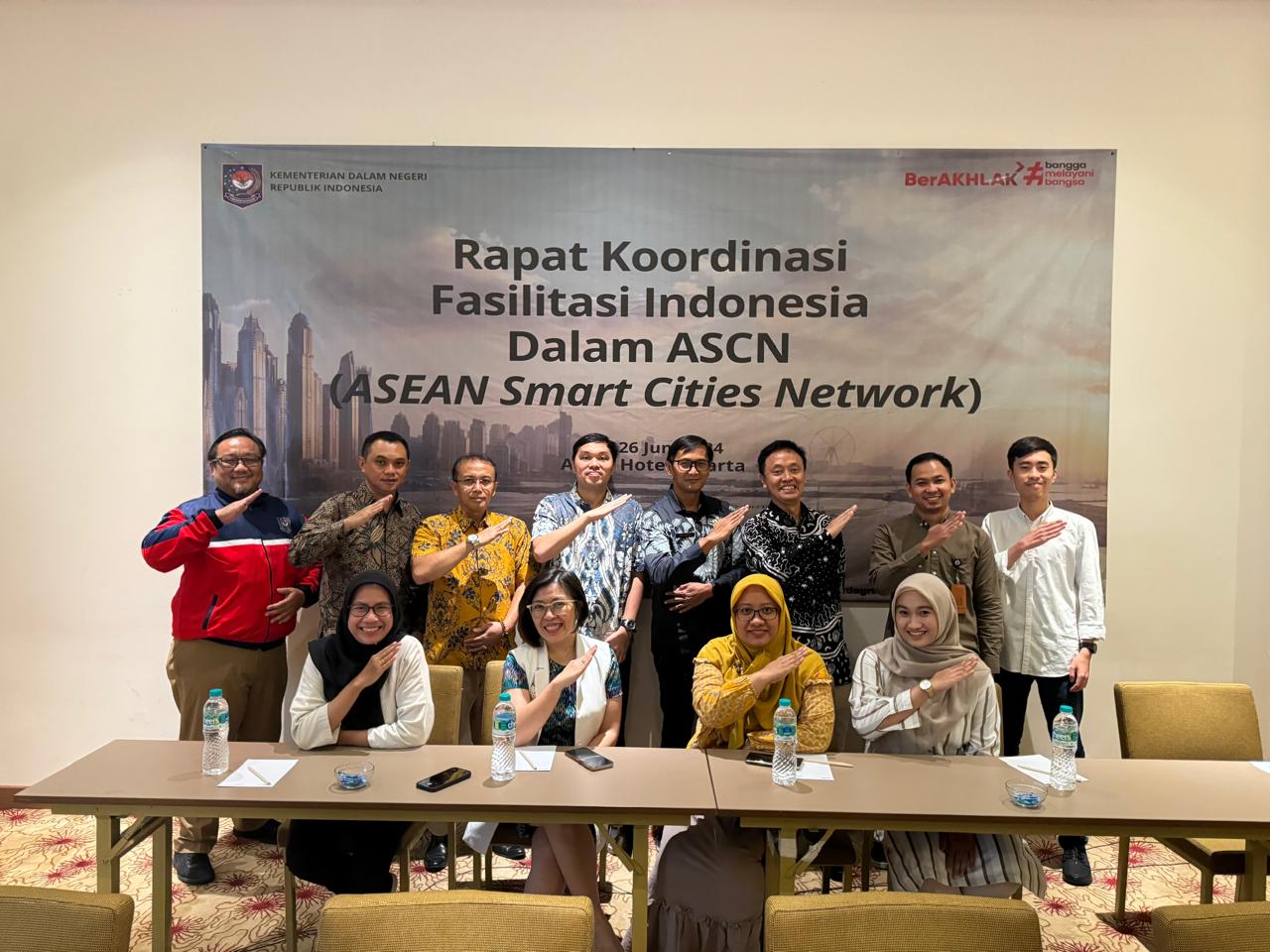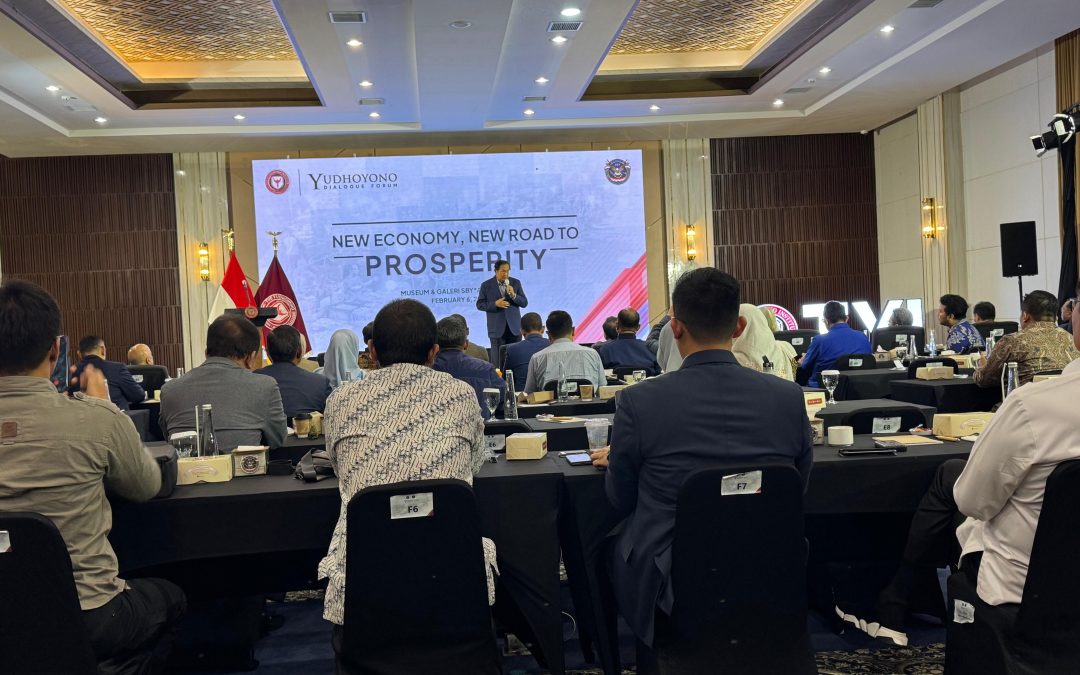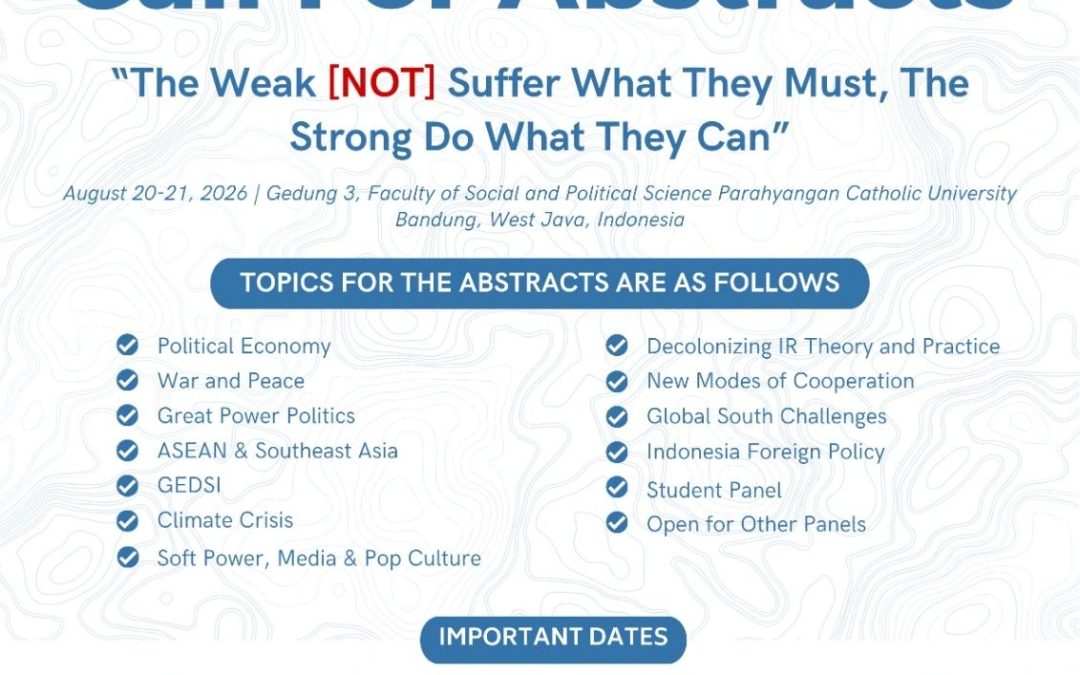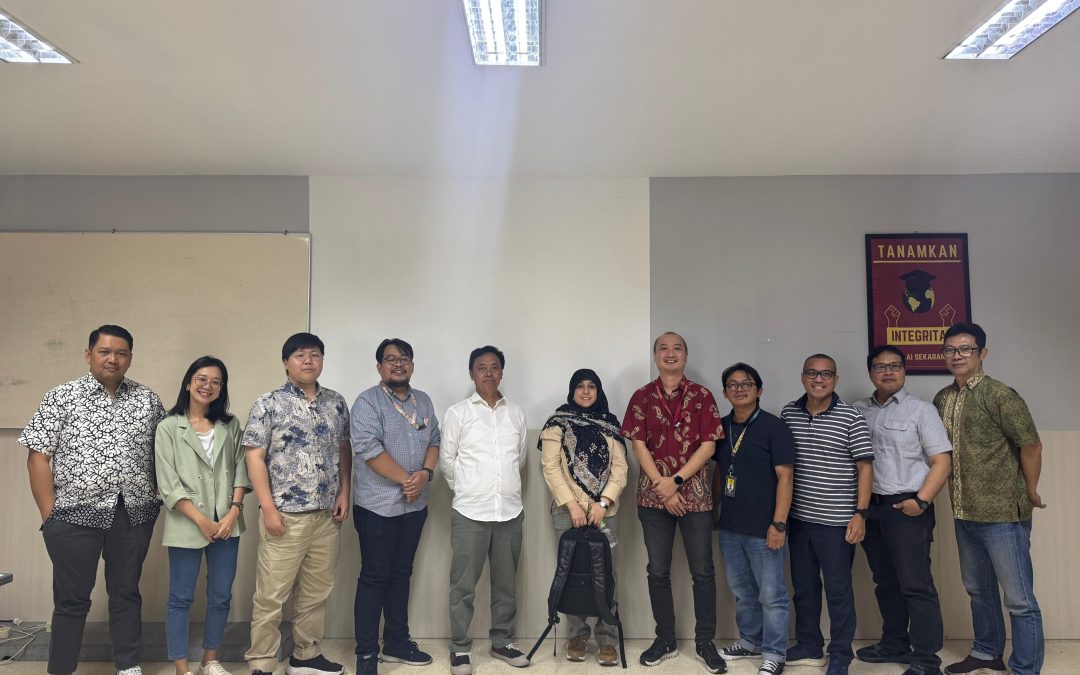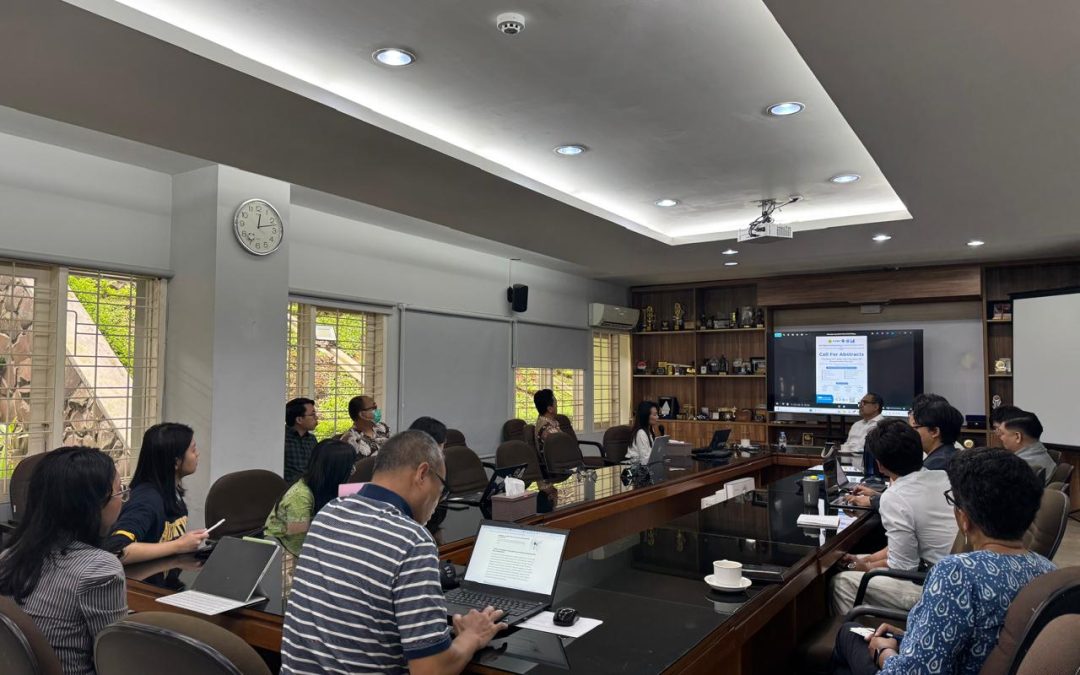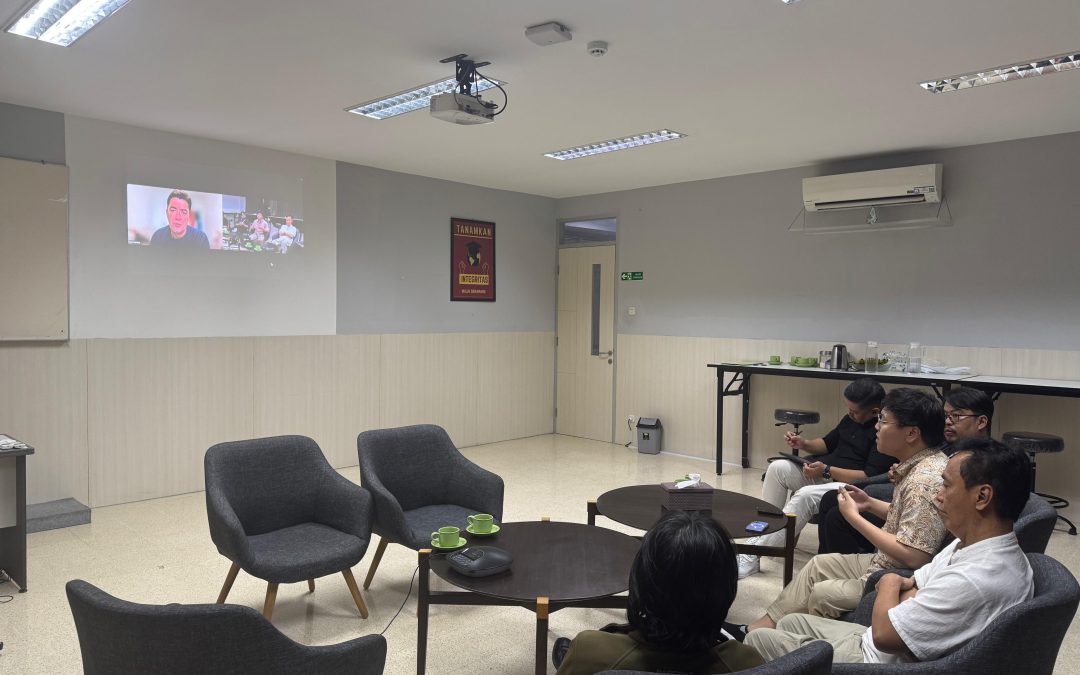Indonesia was appointed as the ASEAN Smart City Shepherd at the 2023 ASCN annual meeting in Bali. The Shepherd’s primary responsibility is to oversee the sustainable development of smart cities that have joined ASCN pilot projects. The Shepherd’s term covers 2023-2025, during which there will be a change in ASEAN leadership, including the ASCN chair. Despite this change, efforts to realize the ASEAN Smart Cities vision declared in 2018 will continue. As the ASEAN Shepherd, Indonesia is committed to fostering stronger collaboration among ASCN pilot projects and strengthening partnerships among ASEAN dialogue partners that support smart city development in ASEAN countries.
Since ASCN’s establishment in 2018, six annual ASCN meetings have been held. These annual meetings are attended by national representatives of ASEAN member countries, representatives of focal points responsible for smart city development in ASEAN member countries, representatives of ASCN pilot projects, ASEAN dialogue partners, and the private sector to discuss achievements and re-establish commitments and development plans for the coming years.
The seventh annual ASCN meeting will be held in Luang Prabang, Laos, from July 29, 2024, to August 2, 2024. Indonesia will co-host the ASEAN Smart Cities Network Conference on Smart Solutions for Solving Urban Issues. The conference was initiated by Laos, as the 2024 ASEAN Chair.
The Parahyangan Center for International Studies (PACIS) has actively contributed to supporting Indonesia’s role as ASCN Shepherd through policy studies related to the scope of collaboration, partnerships, and innovation needed to accelerate ASCN development. PACIS was also invited to contribute to the organization of the conference, serving as moderator for Panel 3, entitled “Forging Partnerships to Spearhead Smart and Sustainable Urban Development in ASEAN.”
A series of activities have been carried out to prepare for the seventh annual ASCN meeting.
The Directorate General of Territorial Administration, serving as the National Representative (NR) for Indonesia and the ASCN Shepherd, held a coordination meeting to facilitate Indonesia’s membership in ASCN on June 24-26, 2024. The meeting was attended by members of the Indonesian delegation to the ASCN meeting, including representatives from the Ministry of Home Affairs and representatives of ASEAN Smart Cities from Banyuwangi, Makassar, Jakarta, and Sumedang, as prospective new ASCN members. Also present at the meeting were representatives from the Permanent Mission of the Republic of Indonesia to ASEAN, the Director of ASEAN Cooperation at the Ministry of Foreign Affairs, and the ASEAN Connectivity Division of the ASEAN Secretariat, among other invitees.
The Chair of PACIS had the opportunity to share recommendations regarding Indonesia’s role as Shepherd in strengthening ASCN and supporting conference activities.
Further coordination meetings for conference preparations will be held online on July 9, 2024, and July 12, 2024. These coordination meetings, leading up to the third ASCN Conference, are expected to facilitate the smooth running of the event and strengthen the collaboration schemes presented.
Present at the coordination meeting on July 9, 2024, were representatives of the PACIS team who had attended a meeting with the Ministry of Home Affairs (Kemendagri), Ministry of Foreign Affairs, ASEAN Secretary (ASEC), and Changho Lee as a representative of ESE Co. Ltd. ahead of the ASEAN Smart City Network (ASCN) Conference session 3. With Yulius Purwadi Hermawan, the chairman of PACIS as moderator, discussing the details of the substance that will be presented by the speakers at panel session 3. At the panel, three main targets were proposed., this meeting was a preparation before the third panel session of the conference which had three main targets. The first target, namely to offer references for ASEAN cities in resolving issues related to smart city development. Second, to obtain references, recommendations, and opportunities to collaborate in solving urban challenges in the Southeast Asia region. Third, to enhance partnerships between countries and organizations in ASEAN in order to develop smart cities.
In line with the ASCN Conference, this third session is expected to attract participants from the ASCN National Representative, representatives of the Lao People’s Democratic Republic, various ASEAN dialogue partners, and academics. In this third session, speakers will be invited to present points related to the planned partnership program, covering the challenges, opportunities, and benefits of the partnerships established within the program, along with recommendations for effective partnership schemes.

At this meeting, Changho Lee was asked to provide general points regarding his presentation at the conference in Luang Prabanghari-H. He explained that ESE Co. Ltd. has participated in inter-city and regional projects. In this regard, Lee revealed that ESE Co. Ltd. has entered into a US$660,000 partnership with the Banyumas City government. This partnership involves the construction of a smart city control center, flood simulation, and environmental monitoring services on the Serayu River. The project’s implementation is supported by the Ministry of Agrarian Affairs and Spatial Planning and supervised by the Banyumas City government.
ESE Co. Ltd.’s numerous achievements include the K-City Network project, which has been demonstrated in Vietnam, Turkey, and the Philippines. Smart city demonstrations have also been conducted in collaboration with the Korea International Cooperation Agency (KOICA) in Vietnam. In addition, the company has been involved in the Economic Innovation Partnership Program organized by the South Korean Ministry of Economy and Finance.
The online coordination meeting on July 12, 2024, was specifically held to hear a planned presentation from representatives of the United Nations Economic and Social Commission for Asia and the Pacific (UNESCAP). In this regard, UNESCAP will specifically present regional guidelines for smart city development that can serve as a reference for smart cities in ASEAN. UNESCAP will also convey its views on the need for collaborative partnerships among ASEAN dialogue partners, who have contributed to the development of smart city pilot projects in ASEAN member countries.

